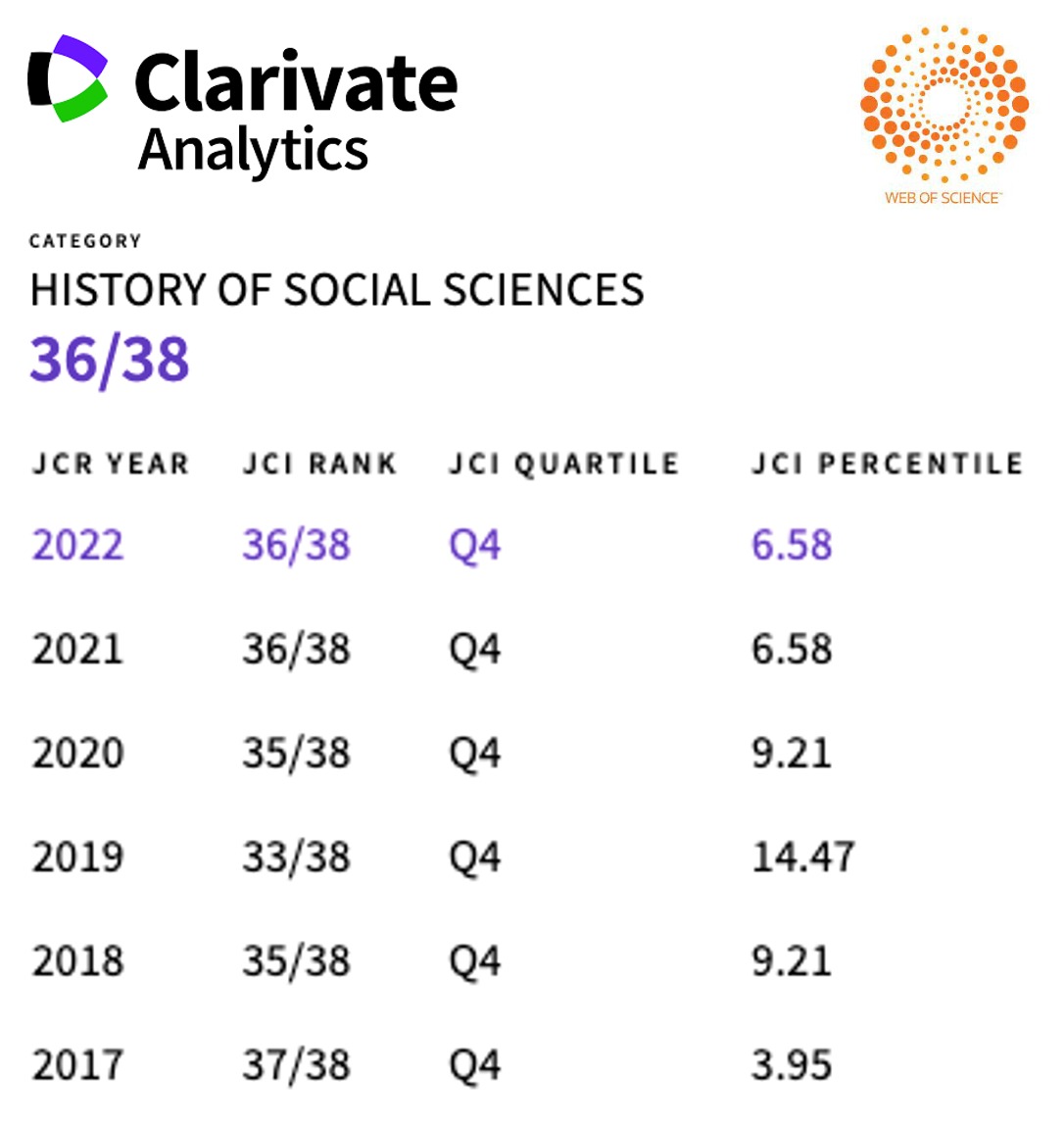The City as a Curriculum Resource: Pedagogy and Urban Literacy in Europe, ca. 1900-1920
Keywords:
Downloads
Abstract
The concept of “metropolitan pedagogy” got foothold in larger urban areas in Central Europe during the years before the First World War. The advocates of this loosely organized reform movement - predominantly progressive primary school teachers in rapidly growing German speaking towns like Berlin, Bremen, Hamburg and Vienna - emphasized urban space as a learning environment and curriculum resource of outmost importance. They experimented with excursions, object lessons and new textbooks to “adjust” the official school curriculum to real life situations and demands. They also sought to practice the conviction that the city could serve as a vehicle for democratic culture and community awareness and function as a negotiation platform to tackle the knowledge inflation of modern society.Downloads
Download data is not yet available.
Downloads
Published
2012-06-23
Almetric
Dimensions
How to Cite
Forsell, H. (2012). The City as a Curriculum Resource: Pedagogy and Urban Literacy in Europe, ca. 1900-1920. Social and Education History, 1(2), 172–192. https://doi.org/10.4471/hse.2012.11
Issue
Section
Articles
License
All articles are published under Creative Commons copyright (CC BY). Authors hold the copyright and retain publishing rights without restrictions, but authors allow anyone to download, reuse, reprint, modify, distribute, and/or copy articles as the original source is cited.
.

















